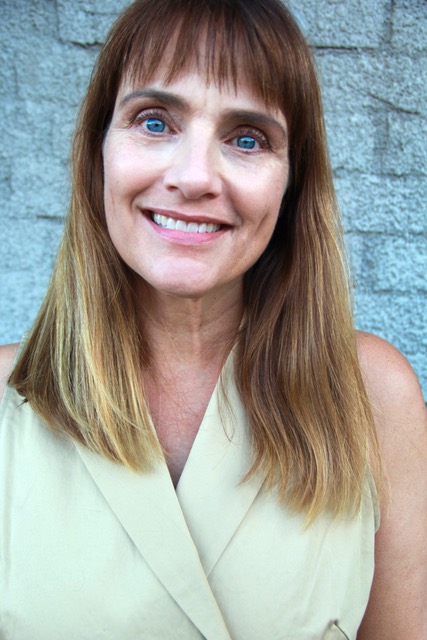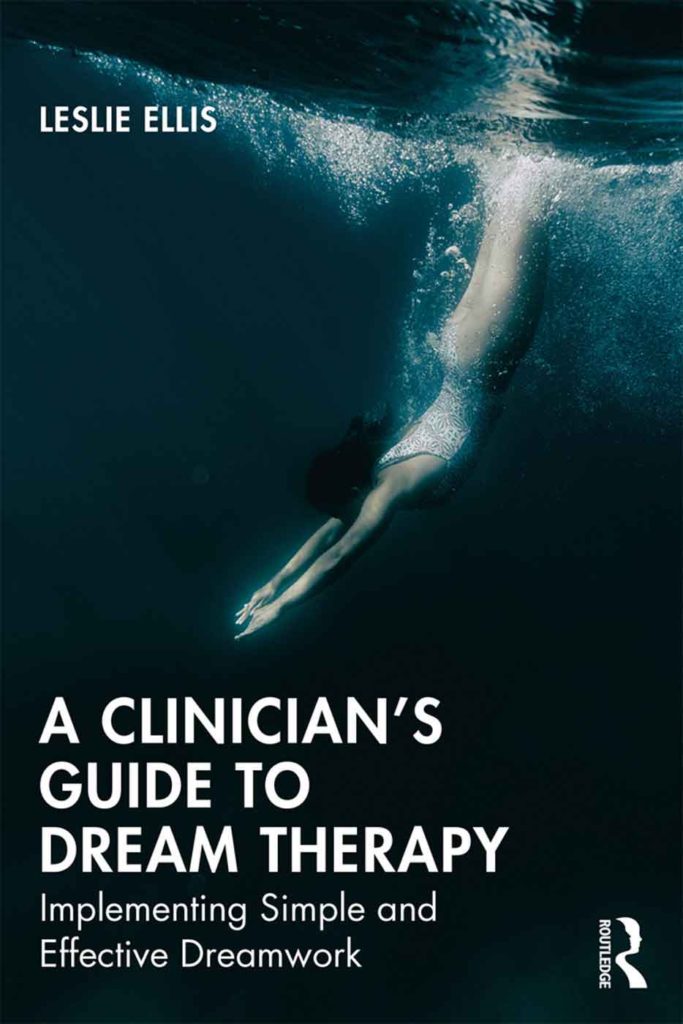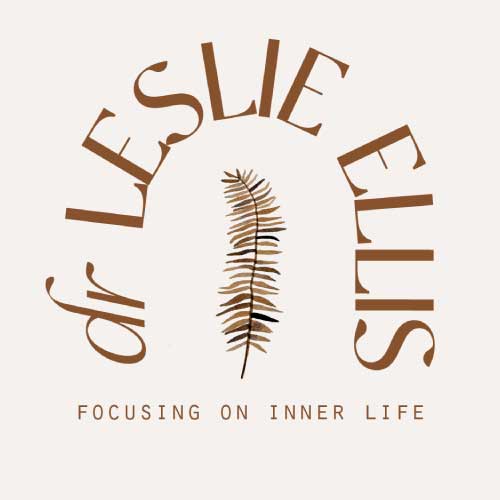About the Author

How can I help you?
If you have any specific questions please do not hesitate to contact me by completing the form on this page or using the contact information provided below or email me directly at le****@***********is.com
I look forward to hearing from you.
~Leslie
Leslie Ellis, PhD, RCC, is a registered clinical counsellor, teacher and author who lives and works in beautiful Deep Cove, British Columbia.
Leslie has in-depth, specialized training in focusing-oriented therapy, and is expert in its use for treatment of trauma.
A specialist in somatic approaches to therapy, Leslie has studied somatic experiencing, the Hakomi method, and psoma yoga. She has developed a method of embodied, experiential dream work which combines focusing with Jungian active imagination techniques.
Bibliographical Summary
Dr. Leslie Ellis is a leading expert in the use of somatic approaches in psychotherapy, in particular for working with dreams, nightmares and the effects of trauma. She is the author of A Clinician’s Guide to Dream Therapy (Routledge, 2019) and offers many training opportunities in embodied, experiential dreamwork based on her book. She has a PhD in Clinical Psychology from the Chicago School of Professional Psychology, with a specialization in somatic approaches. Her dissertation on using focusing-oriented therapy to treat PTSD for refugees with recurrent nightmares won the Ernest Hartmann award from the International Association for the Study of Dreams.

A Clinician’s Guide to Dream Therapy demystifies the process of working with dreams by providing both a grounding in the current science of dreaming as well as a simple, practical approach to clinical dream work.
Backed by research, common factors analysis and neuroscience, the approaches described in this book provide a clear map for clinicians and others interested in unlocking the healing power inherent in dreams.
Dr. Ellis has a Masters from Pacifica Graduate Institute and worked as a therapist in private practice in Vancouver, BC for more than 20 years. Her approach to therapy combines Jungian and focusing-oriented techniques. She was adjunct faculty at Adler University where she taught clinical skills and developed a trauma course for the Masters of Counselling program. She is a Certifying Coordinator and past president of The International Focusing Institute. For many years she has offered a Vancouver-based certification program for practicing therapists who want to incorporate focusing-oriented therapy techniques into their practice.
Dr. Ellis has published numerous book chapters and journal articles on the use of focusing and dreamwork in psychotherapy. She has also presented her work to a worldwide audience. For example, she offered a keynote address for the 2020 online conference for the International Association for the Study of Dreams, has presented on nightmares at MIT and was a featured speaker and panelist at the 2020 FOT (Focusing-Oriented Therapy) Conference. She offers courses through The Jung Platform and is vice president of the International Association for the Study of Dreams.

Recent publications and presentations include:
CHAPTER: Gendlin’s unique contribution to dreamwork: Embodying helpful and contrary elements to bring in the new (in press, 2020). Senses of Focusing, Moore, J. & Kypriotakis, N. (Eds.) Athens, Greece: Eurasia Publications.
ARTICLE: Body dreamwork: Using focusing to find the life force inherent in dreams (2019/2020). International Body Psychotherapy Journal: The Art and Science of Somatic Praxis, 18(2), p. 75-85.
BOOK: A clinician’s guide to dream therapy: Implementing simple and effective dreamwork (2019). New York & London: Routledge.
PRESENTATION: Navigating the Dream Divide: Unique experience or waking-life commentary? Conference for the International Association for the Study of Dreams, Clinical track. June 24, 2019, Kerkgrade, The Netherlands.
ARTICLE: Ellis, L. A. (2019). Common factors leading to a universal approach to dreamwork: A qualitative analysis. Dreaming (29), 1, 22-39.
PRESENTATION: The nightmare is the most useful dream, revisited: Working with nightmares to unlock the potential for transformation of emotional memories. MIT Dream Engineering Symposium. Boston, MA, Jan. 28-29, 2019.
PRESENTATION: Body Dreamwork: Using focusing to find the life force inherent in dreams. US Association for Body Psychotherapy (USABP) Conference, Santa Barbara, CA, Nov. 3, 2018.
PRESENTATION: Common factors in dreamwork. International Association for the Study of Dreams Conference, Scottsdale, Arizona, June 19, 2018
CHAPTER: Body dreamwork: Using focusing to interpret your dreams. In Dreams: Understanding Biology, Psychology and Culture. A 2-volume reference book forthcoming (2019) from ABC-Clio/Greenwood.
ARTICLE: Body Dreamwork: Using focusing to find the life force inherent in dreams and nightmares. Panel discussion and workshop. International Association for the Study of Dreams Conference, Anaheim, California, June 17, 2017.
ARTICLE: Ellis, L. A. Qualitative changes in recurrent PTSD nightmares after focusing-oriented dreamwork. Dreaming, September 2016, Vol. 26, No. 3.
CHAPTER: Focusing-Oriented Dreamwork. In Lewis, J. & Krippner, S. (Eds.), Working with Dreams and Nightmares: 14 Approaches for Psychotherapists and Counselors. Praeger, 2016.
Featured Media
WHy do we Dream?

Whether we can remember them or not, we all have dreams. How active are our brains when we sleep? Are our dreams telling us something? And, what explains recurring dreams? Mike gets answers from psychologist and author who specializes in dreams, Ian Wallace, and psychotherapist, Dr. Leslie Ellis.
Nightmares AND the Nervous System PrEseNTation
The topic of how the autonomic nervous system and our dreams are related was greeted with lots of interest and curiosity at the recent meeting of the ‘Polyvagal Approach to Trauma and Addiction group‘ hosted by Jan Winhall and the Polyvagal Institute. In this talk, I presented the evidence I have gathered that links nightmares and the nervous system. I also discussed implications for treatment and fielded many great questions.
Exploring DREAMS and NIGHTMARES
Leslie is with Angela Caruk in a conversation to talk about the clinical use of dreams and why you should pay attention to them.

